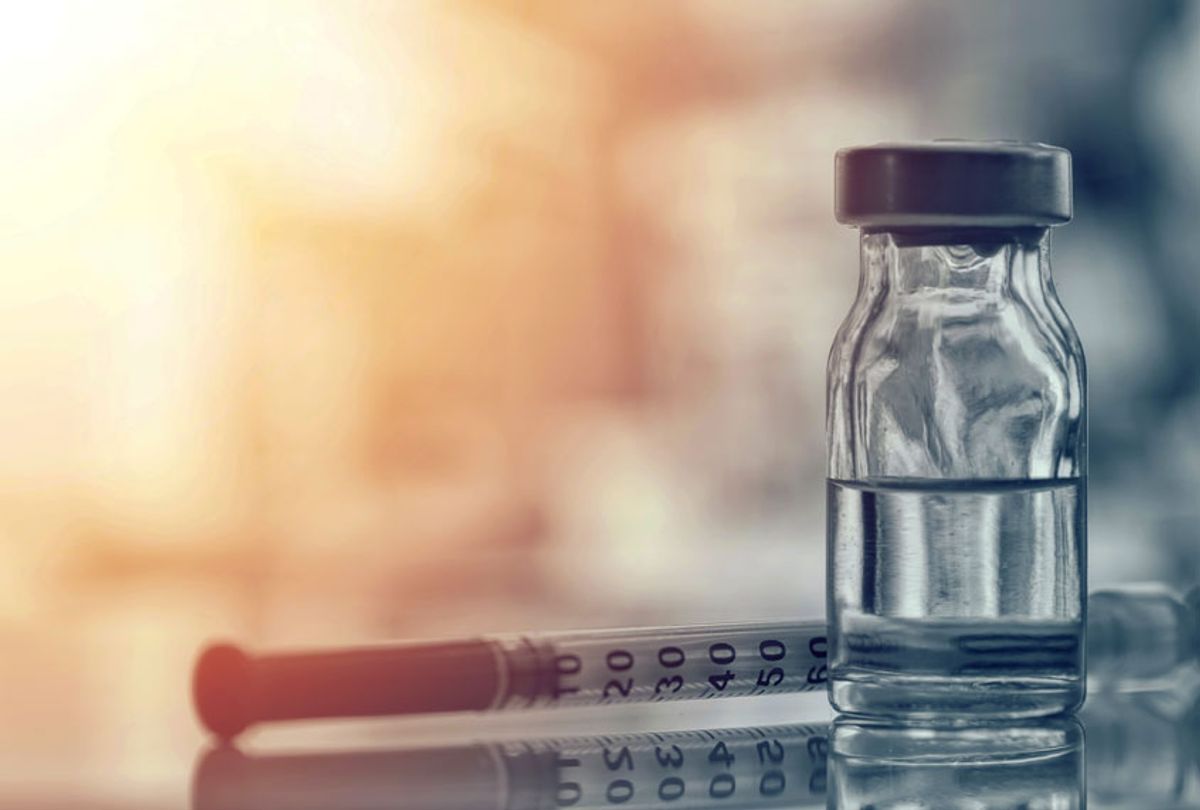A new study reveals that roughly half of Americans either would not get a coronavirus vaccine if scientists succeed in creating one, or have not made up their minds about whether they would do so.
The survey, which was taken by The Associated Press–NORC Center for Public Affairs Research and released Wednesday, found that 49 percent of respondents would get vaccinated, 31 percent are not sure and 20 percent absolutely would not do so if a coronavirus vaccine was made available to the public. Seventy-nine percent of the respondents said that the presence of a vaccine is important in determining whether businesses and activities should resume in their communities; within that group, 65 percent said they would get immunized when a vaccine becomes available.
"We very clearly know that, if we don't get 70-something percent of the population covered, we will probably not get to herd immunity," Dr. Georges Benjamin, executive director of the American Public Health Association, told Salon. "There are some people that think that, with this virus, we might be able to achieve it with 50 percent, so that's not 100 percent. But I'm thinking that 70-something percent is about where we need to be, and it's because I've looked at some of the data. We may achieve it with 50 percent, but the bottom line is we'd run the risk of not getting herd immunity with the vaccine."
Benjamin's concerns were echoed by Dr. Russell Medford, Chairman of the Center for Global Health Innovation and Global Health Crisis Coordination Center.
"By most estimates, at least 70% or more Americans need to be vaccinated against SARS-CoV-2 to develop effective herd immunity and to eliminate the virus in the US population," Medford told Salon. "A vaccination rate of 50% will not achieve this."
Dr. William Haseltine, a biologist renowned for his work in confronting the HIV/AIDS epidemic, for fighting anthrax and for advancing our knowledge of the human genome, emphasized to Salon that much of the population would not be able to be vaccinated.
"There are a number of people who — because they're immunosuppressed, because they're very old and for other reasons — are not included in the population which can reasonably be vaccinated," Haseltine explained. Taking that into account, Haseltine echoed Benjamin and Medford in observing that "I think the best calculations of those who look at what the level of vaccination has to be to provide a protection for our population is considerably in excess of 50 percent ... So it [half the population refusing to be vaccinated] would be a very disappointing result and could lead to continued spread of the infection and disease, if that were the only public health measure taken."
He added, "That's the caveat because certainly in many countries, should the virus reappear, there'll be sufficient self-isolation, contact tracing and mandatory isolation."
Among the Americans who said they absolutely would not get vaccinated, 70 percent said it was because they would be concerned about potential side effects, 42 percent said they were worried they'd be infected with the coronavirus, 31 percent said they are not concerned about getting seriously ill from the coronavirus and 30 percent said they don't believe vaccines work.



Shares